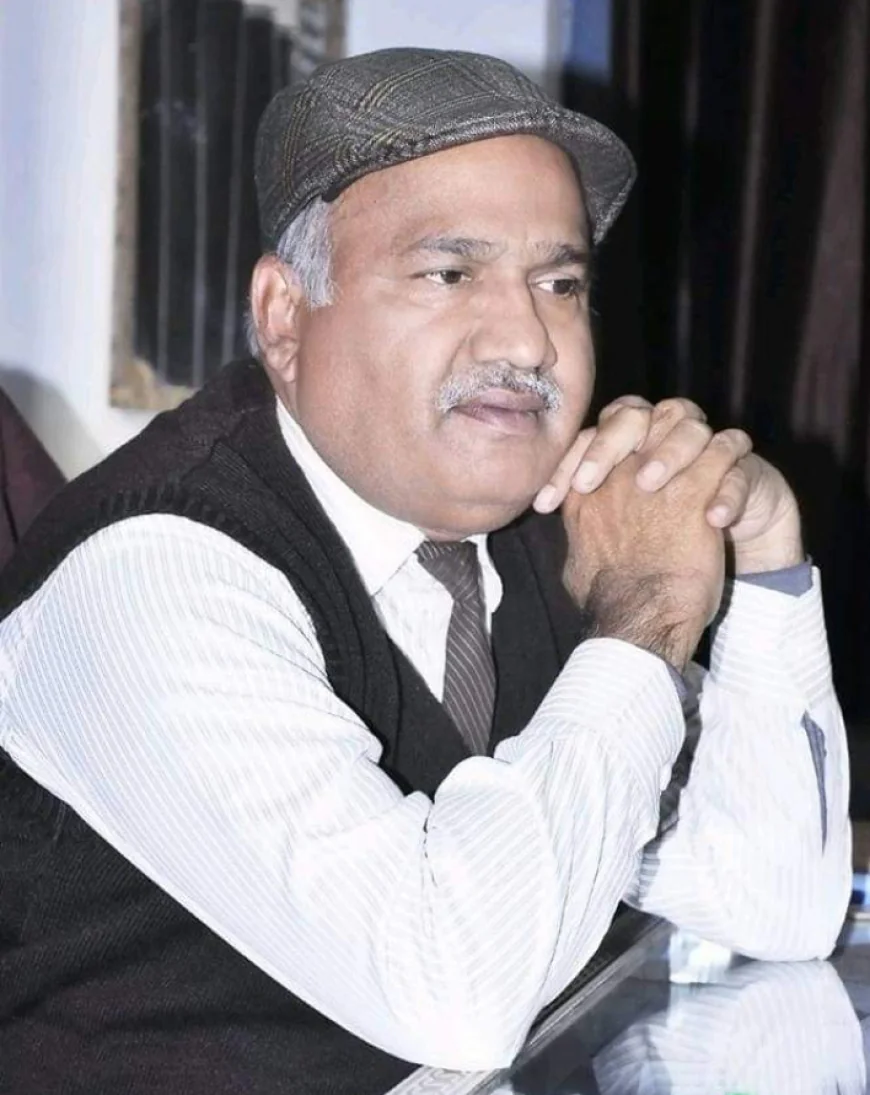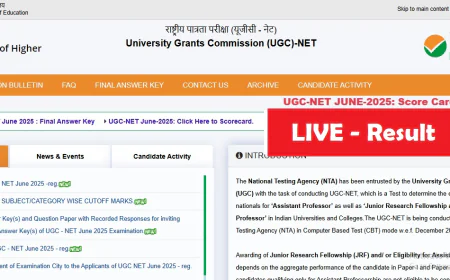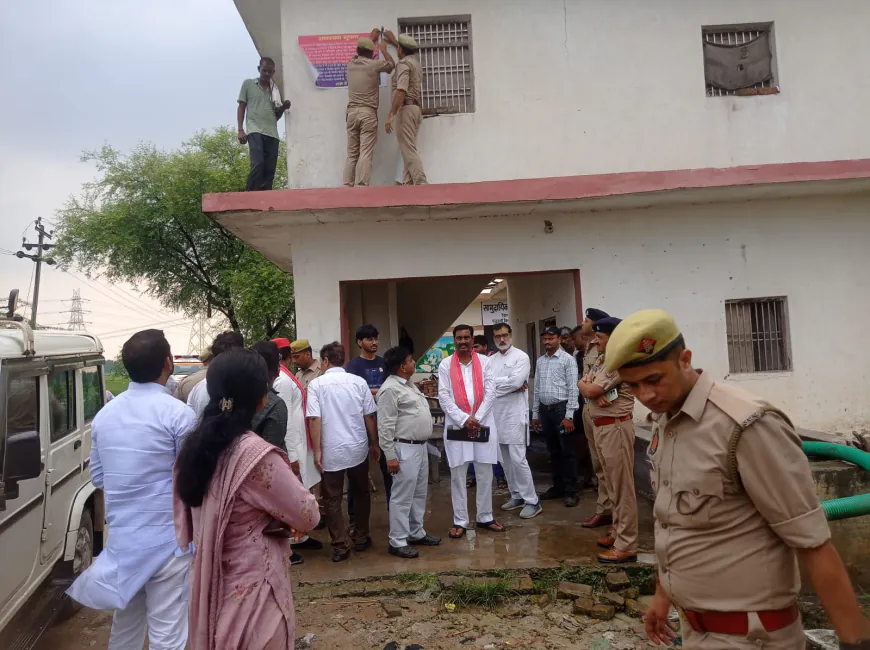Look beyond the Rank

Look beyond the Rank
(what are the hidden factors that students must consider during the medical counseling process )
Beyond a college's rank, students should consider several hidden factors during the medical counseling process. These factors can significantly influence their medical education and future career. 1. Clinical Exposure and Patient Load A crucial, often overlooked factor is the quality and quantity of clinical exposure. It's not just about the hospital attached to the college but the patient load and the diversity of cases it handles. A college in a metropolitan area might have excellent facilities but a lower patient load due to numerous private hospitals. In contrast, a college in a rural or semi-urban setting might have a higher patient turnover, offering students more hands-on experience with a wider range of diseases. It's important to find out about the autonomy given to students in clinical rotations. Some colleges allow students to be more involved in patient care from early on.
2. Faculty and Mentorship The expertise and accessibility of the faculty are more important than the college's name. A high-ranking college may have famous researchers on staff, but if they are not accessible to students for mentorship or guidance, their presence is of limited value. Students should research the student-to-faculty ratio and the teaching methodologies used. Do faculty members encourage one-on-one interaction? Are they approachable for clarifying doubts and discussing career paths? A good mentor can provide invaluable guidance, help with research, and open doors to opportunities. 3. Infrastructure and Facilities While all medical colleges have basic infrastructure, the quality and maintenance of facilities vary. Students should consider: * Hostel facilities: The living conditions, mess quality, and distance from the academic block. * Library and research facilities: Availability of digital resources, journals, and a conducive environment for studying.
* Laboratories: The quality of equipment in anatomy labs, biochemistry labs, and other practical facilities. * Recreational facilities: A healthy work-life balance is crucial, and the availability of sports grounds, gyms, and other recreational amenities can significantly impact a student's well-being. 4. Internship and Post-Graduate Opportunities The compulsory rotating internship (CRI) is a critical part of medical education. The stipend offered and the patient exposure during this period vary significantly between colleges. Students should also consider the post-graduate (PG) seat availability within the same institution. Many colleges have a certain percentage of seats reserved for their own graduates, which can be a significant advantage during the competitive PG entrance exams. The college's reputation and connections can also help with electives and research opportunities at other institutions. 5. Campus Environment and Culture The campus environment and student culture are intangible yet crucial factors. It's beneficial to talk to current students to understand the atmosphere. Is the environment competitive or collaborative? Does the college have a history of ragging or a strong anti-ragging policy? What is the student support system like? The culture of a college can greatly influence a student's mental health, personal growth, and overall experience. A supportive and positive environment can make the stressful years of medical school more manageable. Vijay Garg Retired Principal Educational columnist Eminent Educationist street kour Chand MHR Malout Punjab -152107










































